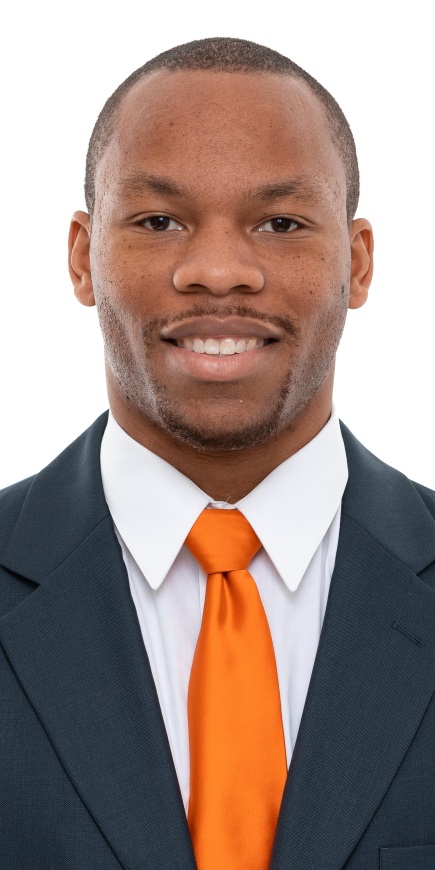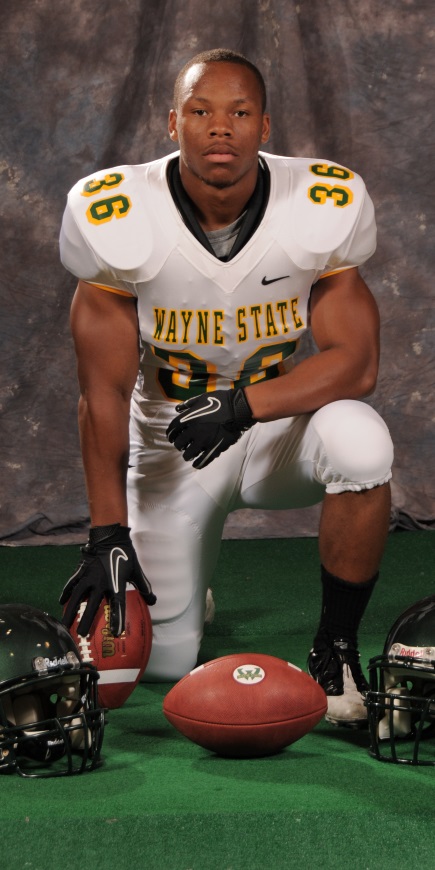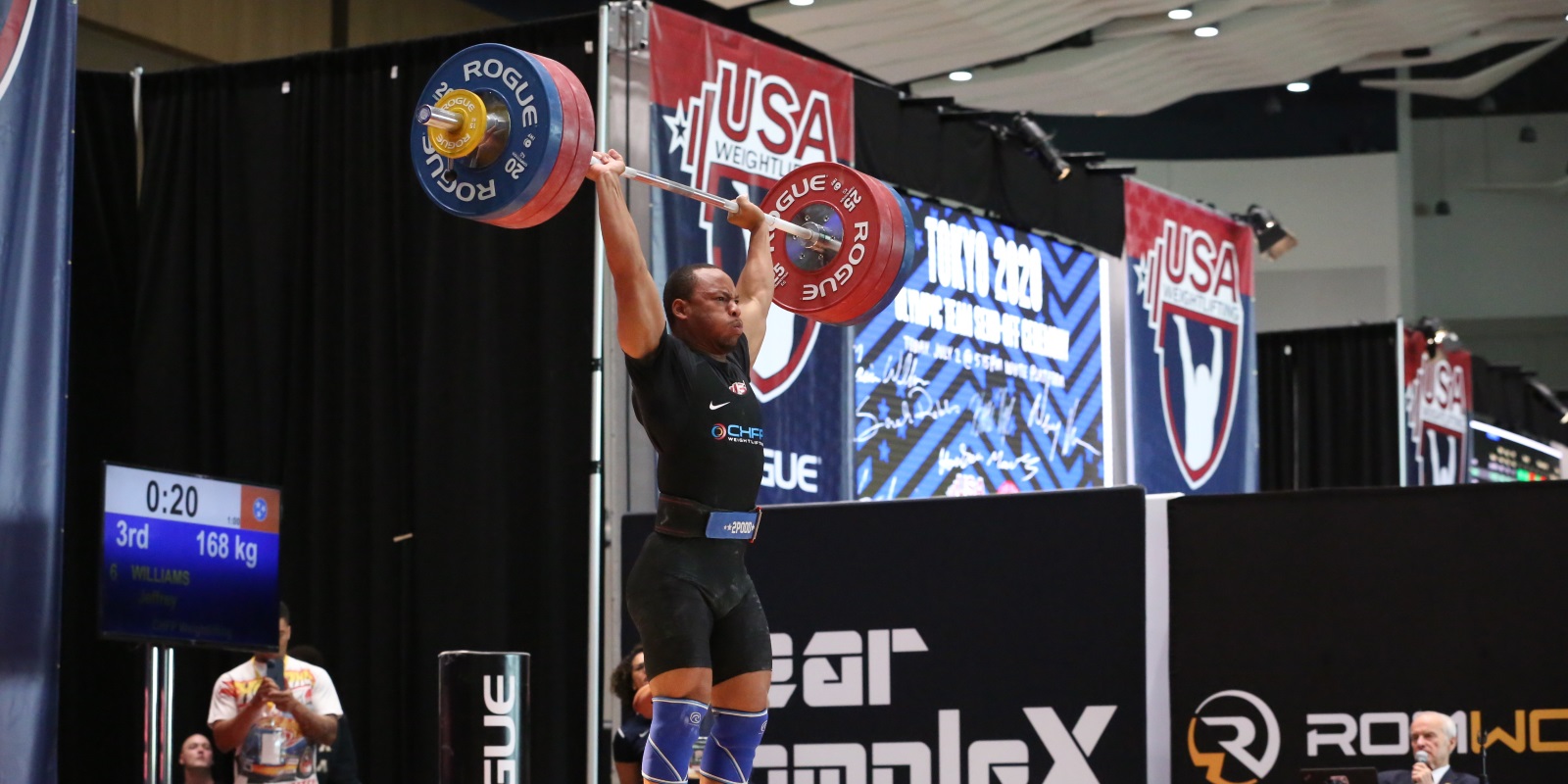Hearing the silent struggles, Social Work alum charts new territory as sports social worker
Viewers from across the globe were shocked when tennis champion Naomi Osaka pulled out of the French Open stating the need to address her anxiety and depression. What is the pinnacle for athletes, the Olympic Games, also spotlighted the need for athletes to prioritize mental health wellness when world-renowned American gymnast Simone Biles withdrew from numerous Tokyo events citing the need to prioritize her mental health. These high profile instances in the world of sports highlight the growing need for mental health care experts in sports.
Collegiate athletics is big business, costing universities and colleges across the nation over $18.8 billion annually (NCAA, 2019). According to two-time Wayne State University alum Jeffrey Brian Williams, LMSW, the pressure to perform for college athletes is huge.
It is easy to forget many of our college athletes are not seasoned professionals and are frequently just out of high school. They have pressure to succeed not only in the classroom, but also on the field in front of thousands of fans across the nation. That kind of pressure takes its toll.

As the Assistant Director of Mental Health and Wellness in the University of Tennessee Athletic Department, Williams sees athletes struggling with the mental health disorders faced by many of us. “Student athletes may experience anxiety, depression and more. It’s not uncommon for them to then use maladaptive coping mechanisms such as alcohol and substance abuse, self-harm or other risk-taking behaviors that may make them feel better in the short-term but have detrimental long term consequences.” For decades, the concerns of student athletes were brushed under the rug with calls to be strong and not jeopardize scholarships and professional sport career dreams. “These students haven’t received the support they needed, but I am proud to be a part of the shift in college sports that focuses on not just the physical wellbeing of the athletes, but their emotional and psychological wellbeing as well.”
Having grown up in the foster care system as an at-risk youth, Williams wanted to give back to his community by helping individuals and families through the vehicle of therapy. “I developed a passion for helping individual’s learn to problem-solve and meet their goals while finishing my undergraduate degree in communications and fine arts at Wayne State. I received a lot of mentorship from faculty and staff who went above and beyond in their jobs to help me reach my goals and I wanted to find a profession that would allow me to pay it forward. Social Work gave me that opportunity.”

Williams was drawn to WSU for its Academic Pathways to Excellence Program (APEX), which at the time was known as the Division of Community Education Program (DCE). “DCE gave me an opportunity that other colleges in Michigan didn’t - the chance to attend college without meeting the standard admission requirements. I was able to take courses that helped me learn the skills sets needed to successfully complete my BA and upon graduation I knew that WSU was the right place for me to get my graduate degree.” Williams went on to earn his master’s in social work with a concentration in interpersonal practice from WSU in 2016.
Williams taps into his social work training and personal experience as a former WSU football player and current national weightlifting competitor to assist both athletes and coaches at the University of Tennessee. It is a team effort on and off the field, which is something we practice in social work and athletics.” Williams participates in case consultations with the medical team, provides clinical therapy to athletes and psychoeducation to coaches and staff, and gives presentations to sports teams on mental health topics. “It’s important to understand the lifestyle of an athlete and see them as human beings who need help and assistance like everyone else.”

Social Work has allowed me to work with youth, adults and families in several settings including schools, therapy clinics, hospitals and now in a college athletic department. Across all these jobs, the ability to build a rapport, actively listen and assess the situation was vital. Regardless of how far I am from Detroit, the tools I learned in my social work classrooms will stay with me throughout my career.
Williams recently spoke with Today@Wayne Podcast series host Darrell Dawsey about the mental strain that often confronts student-athletes and sports pros alike - listen here.